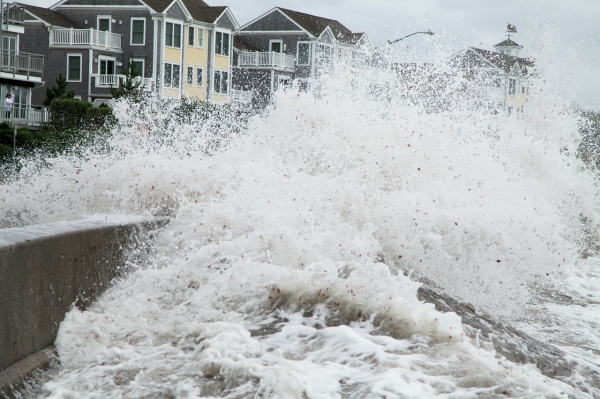As remarkable as the rise of solar and wind farms has been over the last 20 years, achieving complete decarbonization is going to require a host of complementary technologies.
articles
Physicists Arrange Atoms in Extremely Close Proximity
Proximity is key for many quantum phenomena, as interactions between atoms are stronger when the particles are close.
Aston University Civil Engineers Help to Make Road Surfaces More Sustainable
Aston University civil engineering experts are teaming up with construction and surfacing company Miles Macadam to help make road surfaces more sustainable.
‘Penguin Detectives’ Required for New Counting App
This week (Thursday 2 May), British Antarctic Survey (BAS) is inviting the public to become ‘penguin detectives’ and spend five minutes counting emperor penguins to help with vital research into these iconic animals.
A “Cosmic Glitch” in Gravity
A group of researchers at the University of Waterloo and the University of British Columbia have discovered a potential “cosmic glitch” in the universe’s gravity, explaining its strange behaviour on a cosmic scale.
Texans Should Prepare For Hotter Temperatures, Greater Risk Of Fire And Flooding
Weather conditions across the Lone Star State are getting more extreme and more dangerous by the year, according to a new report from Texas A&M University professor and State Climatologist John Nielsen-Gammon.










